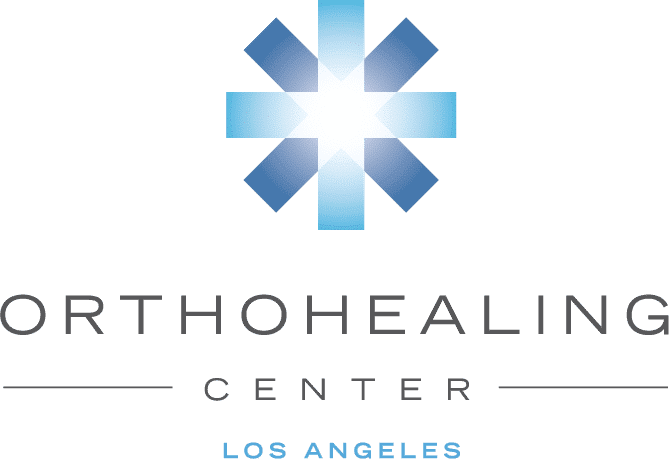The 2010 Umea International Scientific Tendinopathy Symposium is among the most comprehensive and progressive meeting grounds for clinicians working with tendons. There were many trends emphasized during this meeting which will ultimately impact the way we treat tendons in the future. Below is a summary:
- Pain in tendons is linked to a neuro-peptide called Substance P (SP) and it’s preferred receptor (NK-1R). Future therapies may focus on blocking SP to reduce pain associated with tendon injuries.
- Researchers from Spain found that Argenine 1500mg/day, an amino acid supplement was combined with thermo-therapy and eccentric exercises to reduce pain in 36 patients with good-excellent results in >90%. Argenine promotes nitrous oxide which has been proven to help dialate vessels to heal chronic tendon injuries.
- Glutamate may have a larger role than previously thought on the musculoskeletal system. Both muscle & tendon disorders were shown to have elevated glutamate. Future research may include interfering with glutamate to promote healing.
- Ultrasound guided aspiration (draining) of calcium deposits in 88 patient’s rotator cuffs was an effective outpatient procedure in 98.9% of patients. The received relief in within 15 days which continued at follow up at 9 months without having to have surgery. The study also showed that in most cases the calcium deposit disappeared on f/u imaging.
- A popular European therapy on elite athletes is “mini-surgical scraping.” Initially Dr Alfredson of Umea, Sweden recommends that chronic painful tendons are subjected to INCREASED painful eccentric training. This conflicts with the mainstream approach of RICE (Rest, ice, compression, elevation) etc. They found that painful training caused worsening week 1 but then gradual improvement with good clinical results in 3 months in achilles tendinosis.
- Trigger finger, a common injury where a digit of the hand clicks, gets stuck & causes pain; actually resembles a tendon injury of tendinosis. Now that we know more about tendons, researchers from Linkoping Sweden found similar histological biopsies of trigger finger & achilles tendinosis Vs controls. This will change the way we think about & treat trigger finger.
- Research is focusing on a genetic component to achilles tendon injuries. COL5A1 & GDF-5 have increased risk of developing achilles tendon pathology.
- People with type 2 Diabetes have increased risk of developing tendinopathy.Evidence from Melbourne, Australia showed elevated lipid panels resembling insulin resistance. Also patients with rotator cuff tears had elevated fasting glucose levels Vs patients with meniscal tears (a non-tendon pathology).



